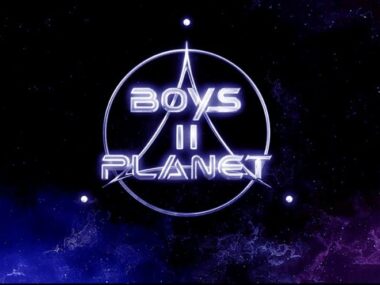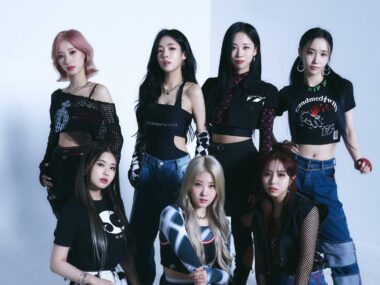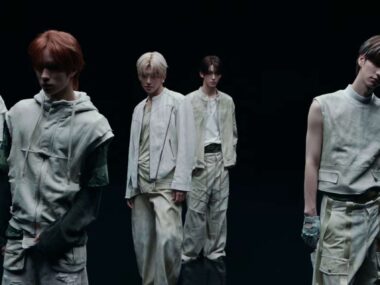After teasing fans for the past few days, rapper Zico and R&B singers Crush and DEAN finally released their joint track “Bermuda Triangle” on November 28, 2016. There’s been a lot of hype around this release. It’s the first time all three artists have performed together on a track. Plus, Zico, Crush, and DEAN are some of the hottest names in Korean hip-hop and R&B right now, so expectations were high.
But while the song is good, for some fans, they’re pissed over this lyric Zico raps in the second chorus:
“우린 황인종 but I got black soul.” Which roughly translates to “We’re yellow people but I got a black soul” in English.
Korean hip-hop and R&B have always borrowed heavily from Black American music. You hear it in how the songs are produced, the choreography, the “blaccent” some artists use, the fashion, the slang. Many Korean rappers point to similarities between Koreans and Black Americans; specifically the emphasis on strong family bonds, hard work, deep respect for food and tradition, and a history of oppression. One of the biggest draws towards hip-hop is the genre’s connection to power. It can criticize systems of discrimination, but it can also be used to celebrate success and call out the people who doubted you.
For Korean rappers, saying they have a “Black heart or soul” is a way to create some kind of connection to black culture. It’s no different from studying and imitating Black artists, incorporating their flow and message into their music, modeling their appearance after Black people.
But none of that creates a real connection if you ignore where it all came from. For Black fans who love Korean music and pop culture, they see this type of imitation as an insult. Because it flattens the culture into a mere aesthetic that anyone can wear, copy, or sell, but without the history, pain and context behind it. It doesn’t help that some of these artists have a history of engaging in anti-blackness. Zico was in hot water back in 2014 when he wore a jacket with the Confederate flag patched on in his “Tough Cookie” MV.
I’m not saying non-Black people shouldn’t engage with Black music or appreciate aspects of Black culture. And I don’t expect everyone to fully grasp the complexity of anti-Blackness and how it manifests in the U.S. But I feel that it’s important to educate yourself and show the culture some respect. That means knowing the history and understanding that this music wasn’t made for show. It was born from struggle and the need for Black people to express themselves and share their stories. If you’re going to borrow the rhythm, you should honor the roots.
📌 Changelog
- May 30, 2025: Rewrote the article to add additional information.
- November 30, 2016: Date original article was posted.






